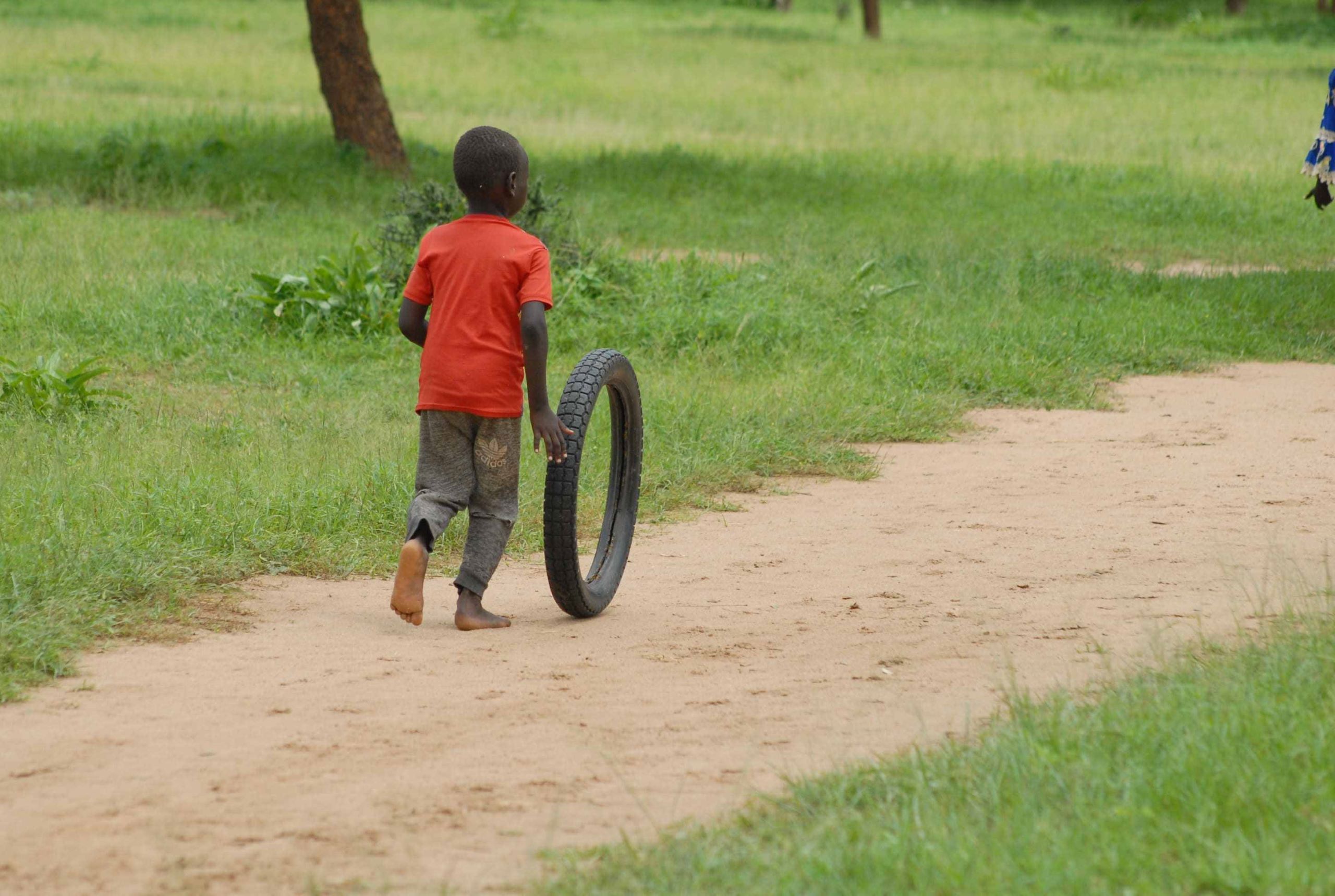
Special spazio + spadoni Missionary October: I, Student of the Mission
The interview that Fr. Gherardo Gambelli, now Archbishop of Florence, gave upon his return to Italy after nearly 12 years on mission
“Evangelization in Chad, which began in 1929 with the Jesuits, has not yet completed its centenary”, says the priest, who returned to Florence last September and leads the parish of Our Lady of the Cough.
He is chaplain in Sollicciano prison and spiritual director of the interdiocesan seminary. Born in 1969, he first left in 2001, called to teach as an invited professor at the national seminary that did not have enough formators. “Slowly, being there for a few periods, I also began to get interested in the pastoral reality.” Then, in 2011, after service as a parish priest, “the opportunity to leave as a fidei donum and commit myself full-time and continuously”: seven years in the capital, in the diocese of N’Djamena, and four at the apostolic vicariate of Mongo, on the border with Sudan.
“A challenge in this diocese, which was born just 20 years ago in eastern Chad, has been the accompaniment of the Christian communities present.” Indeed, for Fr. Gherardo, in a territory with more than 95 percent Muslims, the Church in Mongo is certainly “an example of good neighborliness and collaboration.”
Proof of this are the “grain banks,” agricultural cooperatives created to combat the phenomenon of speculation and usury, in which “the dialogue of works is carried out, that is, the kind of relationships lived for concrete things, in which one learns to know and respect each other, to grasp the positive aspects”.
This is the lesson he took back to Italy, along with the “vitality and joy of the grassroots communities and youth groups that filled the church every day, and the great welcome and sensitivity of the people, especially the women.”
He left initially as a professor, Fr. Gherardo, but of Chad and the mission he was primarily a student.
Grain banks
These are millet banks that aim to ensure a common supply, preventing farmers from having to buy back from wealthy traders at prices up to 10 times higher at certain times of the year. In this way, the interest owed to the banks is minimal and allows the improvement of agricultural techniques and the purchase of new tools.
Source
- “Popoli e Missione”, december 2023, p. 46
Image
- Photo of Fr. Gherardo Gambelli
